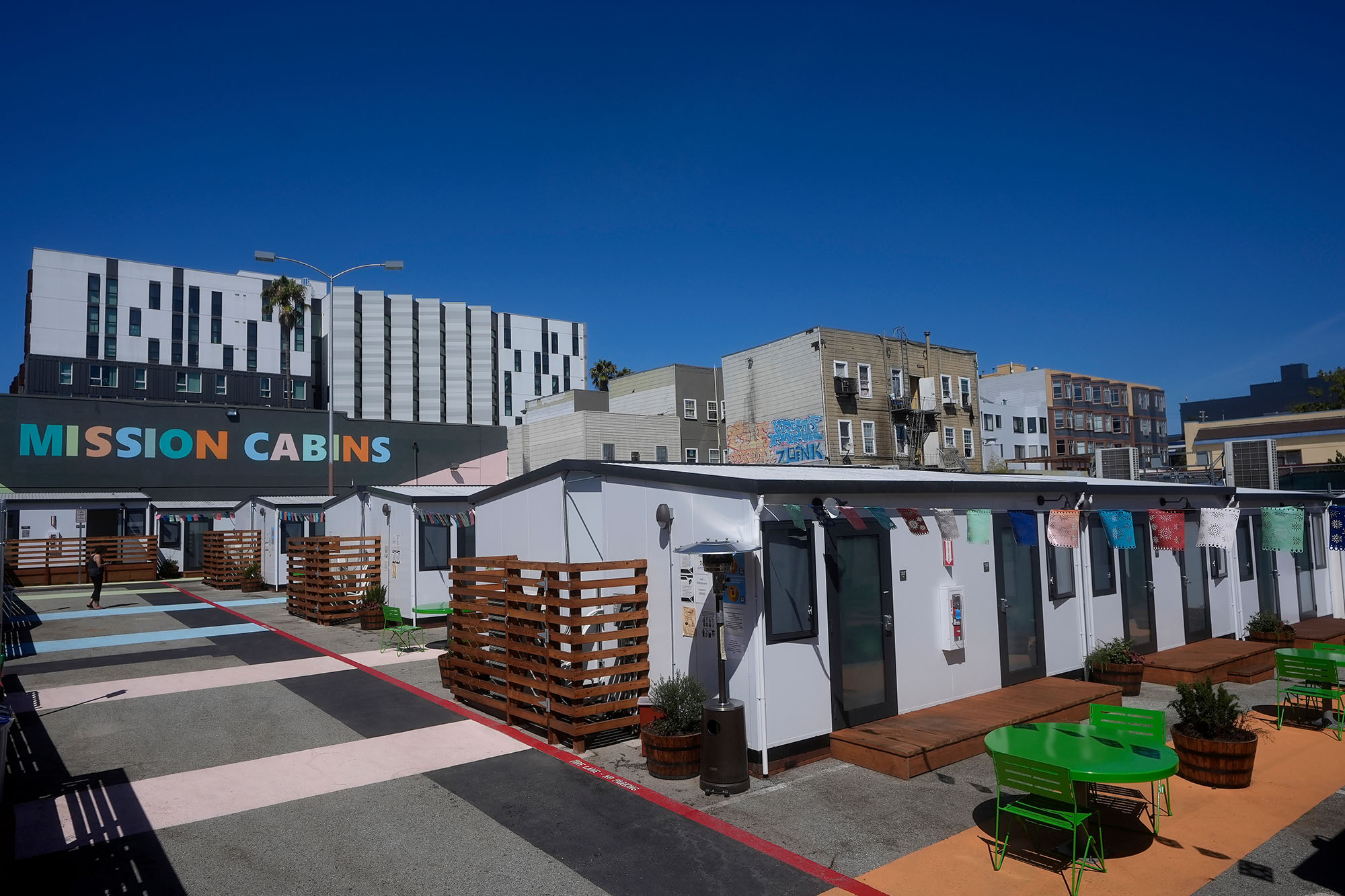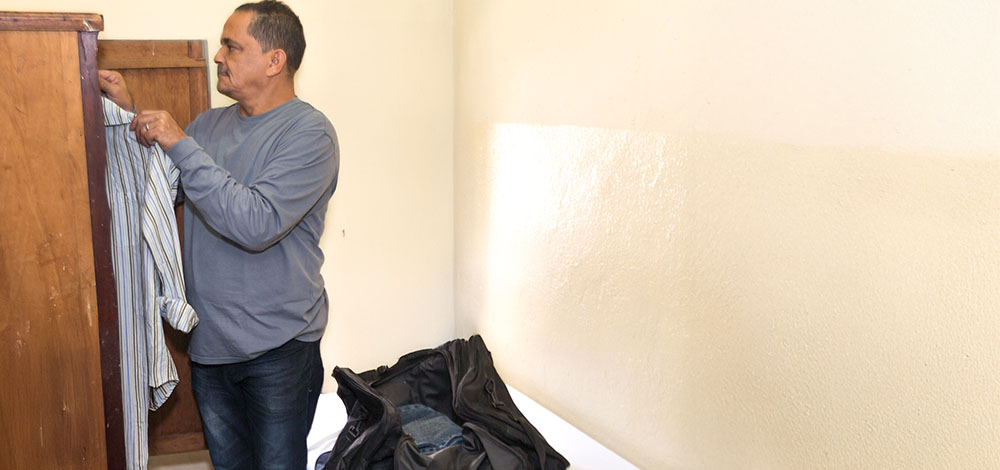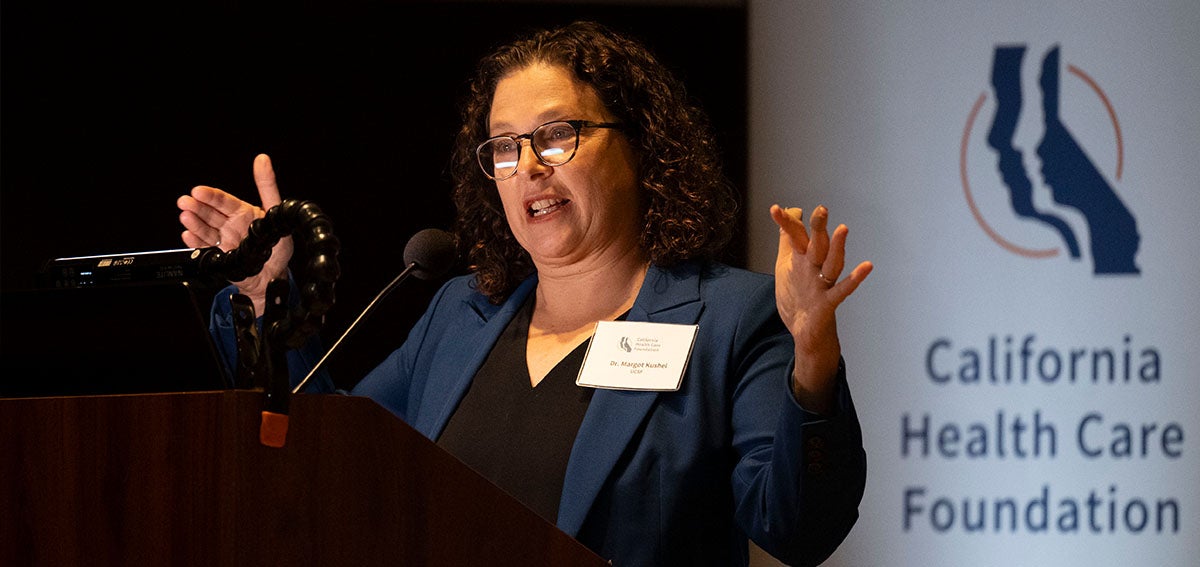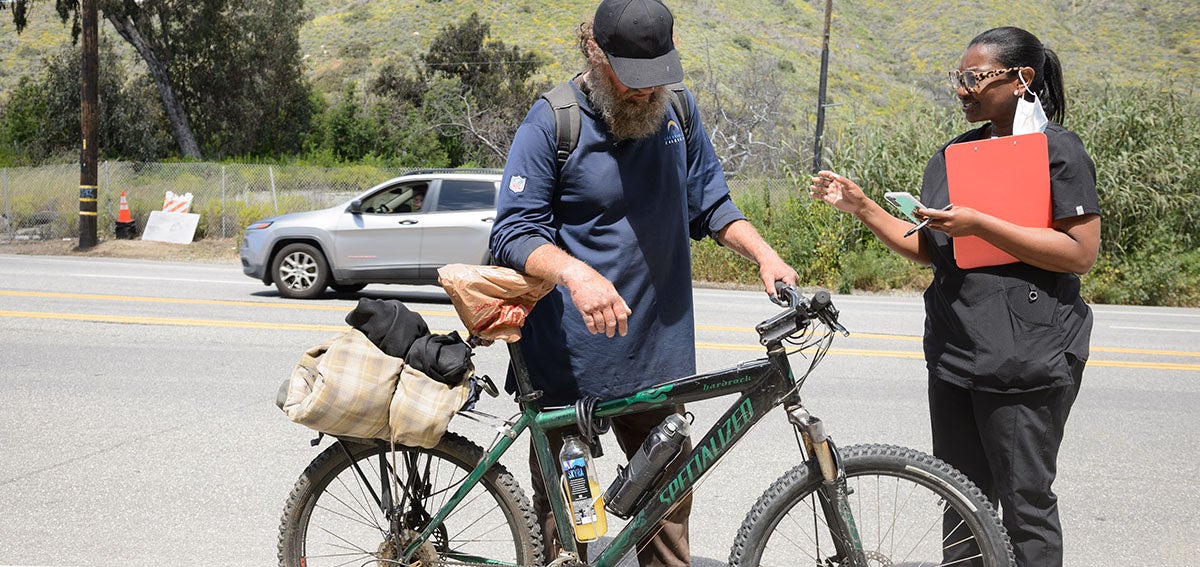View the Report
Jump to All Downloads & LinksEstablished in the early 1990s, street medicine is the provision of health care directly to people who are unsheltered, in their own environment, and has evolved from a fringe movement of health care providers to an organized area of medicine, with programs that span the globe.
With the largest concentration of people experiencing unsheltered homelessness in the nation, California is well positioned to scale the street medicine model to reach more people experiencing unsheltered homelessness. The California Street Medicine Landscape Survey and Report is the first to examine and report on the current state of street medicine in California. The paper is available in downloads below, along with a report summary, State of Street Medicine in California.
Key Findings
- Twenty-five street medicine programs operating in California were identified, with the majority located in Los Angeles County or the San Francisco Bay Area.
- Nearly half are part of a Federally Qualified Health Center (FQHC). Other sponsors are hospitals, independent 501(c)(3) organizations, government entities, academic institutions, and health plans.
- Street medicine is a critical access point for people of color, with 25% of patients identifying as Black and 23% identifying as Latino/x.
- Prescribers (physicians, physician assistants, and nurse practitioners) form the staffing backbone of nearly all street medicine teams in California. Teams also routinely include registered nurses, community health workers, and peers.
- More than two-thirds of street medicine programs diagnose and treat mental health conditions and substance use disorder, with 60% providing medication-assisted therapy. The majority provide primary care services.
- Nearly all street medicine patients are insured, with at least 57% having Medicaid and 14% having Medicaid and Medicare.
- In 2021, most street medicine programs managed fewer than 500 patients and provided 500 or fewer visits.
- Two-thirds of street medicine teams reported onboarding and ongoing training specifically tailored to delivering health care to unsheltered people. Seventy-seven percent of respondents desired more street medicine–specific training to support their teams’ growth.
Recommendations
The street medicine care model has the potential to reach many more unsheltered people across California, including those unable to seek care in traditional brick-and-mortar settings and those reluctant to seek care due to previous negative experiences with the health care system. Our recommendations for expanding and scaling street medicine in California include:
- More street medicine teams should be created, and current teams scaled and optimized, to meet the existing needs on the street. The Housing and Homelessness Incentive Program offers an opportunity to fund capacity building and growth.
- Street medicine teams should have a consistent practice of reviewing their race and ethnicity data and comparing it to local point-in-time counts and Homeless Management Information System data as an accountability measure to ensure they’re providing equitable access to street medicine services.
- The impact of street medicine and other models of care for people experiencing unsheltered homelessness should be evaluated to establish best practices and to inform where limited resources should be directed.
- Robust, thoughtful policy around street medicine should include funding for the technical assistance and training required for street medicine programs to build capacity.
A summary version of the full report, State of Street Medicine in California, is available in downloads below.
Authors & Contributors
USC Street Medicine
Brett J. Feldman, MSPAS, PA-C,
Brett is one the cofounders of the Keck School of Medicine of University of Southern California (USC) Street Medicine. He is the director of the Division of Street Medicine.
Corinne T. Feldman, MMS, PA-C
Corrinne is one the cofounders of the Keck School of Medicine of University of Southern California (USC) Street Medicine. She is the director of workforce development and education for USC Street Medicine.
Alexis Coulourides-Kogan, PhD
Alexis oversees research initiatives for USC Street Medicine.
Sonali Saluja MD, MPH
Sonali is director of the Gehr Family Center.
Michael Cousineau, DrPH
Michael is professor emeritus of clinical preventive medicine at the Keck School of Medicine of USC.




